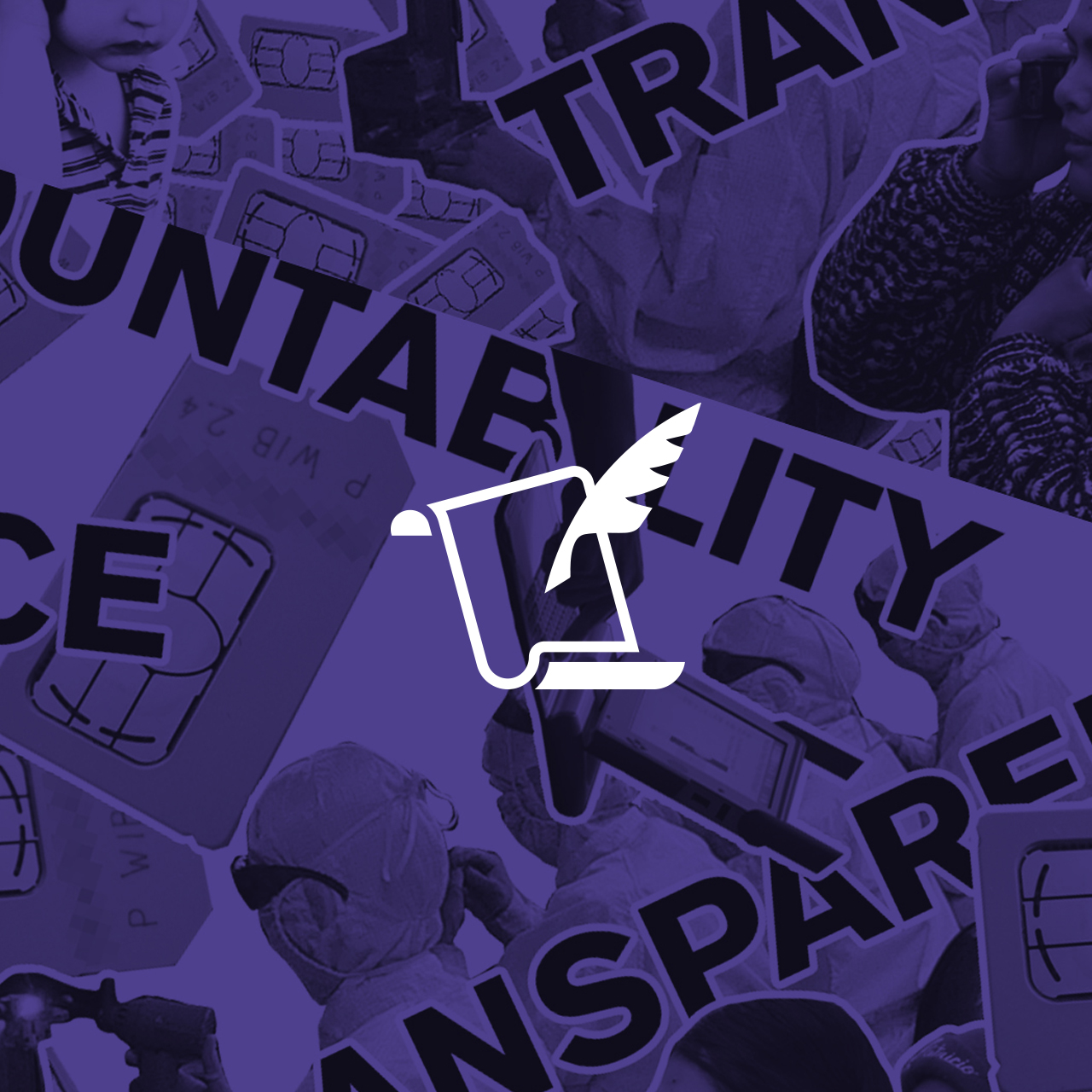Tucked into a White House missive on anti-corruption measures, the Obama Administration announced on Wednesday, Sept. 24 that it would review and account for the human rights impacts of U.S. businesses.
Specifically, the U.S. will “develop a National Action Plan to promote and incentivize responsible business conduct, including with respect to transparency and anticorruption,” and following international norms on business and human rights.
National Action Plans (NAPs) are emerging as a necessary step for every government to put high-level commitments on business and human rights into action. Access Now recently joined the International Corporate Accountability Roundtable in petitioning President Obama to develop such a NAP, and it’s good to see the U.S. jumping on the bandwagon.
As to the substance of the NAP, the White House identified corruption as its main target. NAPs certainly can help governments and companies identify where corruption may occur and how to fill those oversight gaps. But perhaps more importantly, they can reveal blind spots in corporate policy and cracks in judicial systems that let business-related human rights abuses continue without remedy for those affected — including users at risk around the world.
Transparent consultation
Transparency is essential if we want business practices to respect human rights. It’s also key to the processes that create good government policy. On that front, the U.S. government has a mixed record: While government officials participate in civil society hearings every four years around the Universal Periodic Review process, the final report submitted by the State Dept. doesn’t necessarily reflect the viewpoints expressed, especially on the extraterritorial application of human rights treaties. And at a recent event on African investment, the Obama Administration failed to adequately involve non-state actors in the dialogues.
To assist governments, the International Corporate Accountability Roundtable (ICAR) set out six keys to a successful NAP, which begin with a baseline assessment of current practices, leading to concrete steps, including judicial reforms and new regulations, and benchmarks for measuring progress.
Another key ICAR recognized is “meaningful consultation with all stakeholders.” Indeed, diversity of viewpoints and transparent, accessible public engagement are two additional values that should guide this process. Therefore, the Obama Administration should consult civil society throughout the development of its NAP, from the gathering of evidence through execution of the final plan.
Who’s next?
A number of European governments have issued initial NAPs on business and human rights (find the list here), including the UK, Denmark, Italy, and the Netherlands. These countries, like the U.S., are home to many large multinational companies that impact human rights worldwide.
Yet transnational companies aren’t the only businesses that contribute to violations: Local subsidiaries and operators, from apparel factories to part-state-owned telecoms, may fly below the radar of international bodies and principles, but nonetheless have very real human rights impacts. For that reason, we call on more governments, including those from Latin America – site of the People’s Forum on Business and Human Rights — to urgently take up developing NAPs for their own jurisdictions.
